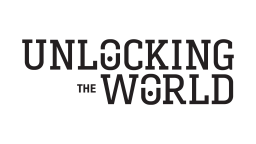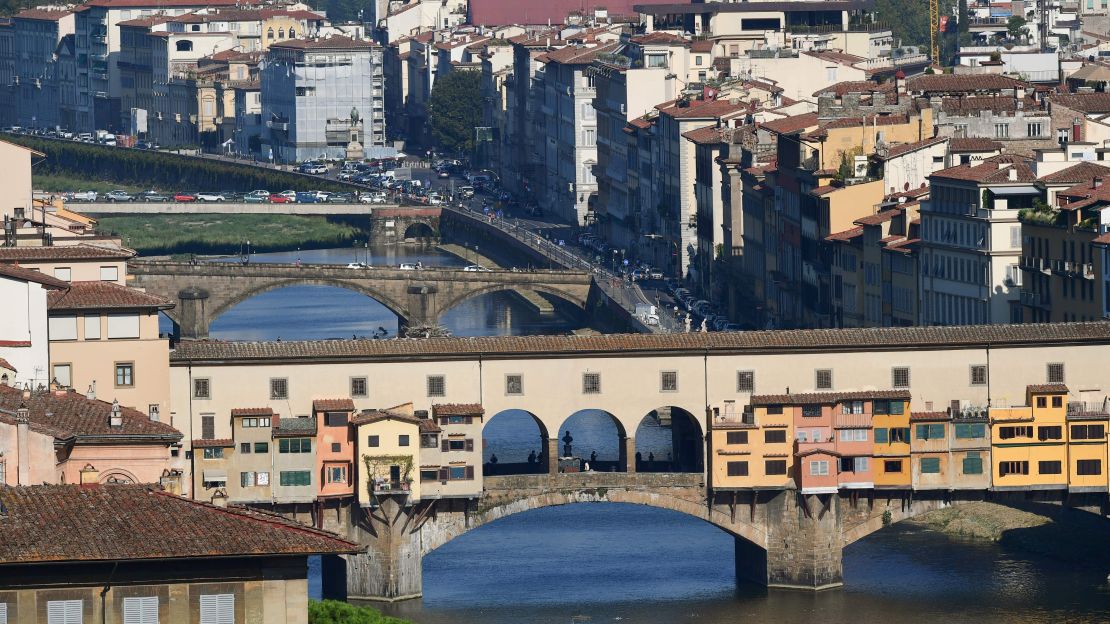The grip of the Delta variant of Covid-19 on the United States and the world continues to have travel ramifications as the summer travel season winds down.
Spain is the latest nation to tighten access to its borders.

In a change from policy earlier this summer , Spain is allowing tourists from the United States only if they are fully vaccinated, the health ministry told CNN on Tuesday.
The new rule took effect this week.
It states that visitors from the United States on so-called “nonessential travel,” such as tourism, must show “a vaccination certificate that the (Spanish) Ministry of Health recognizes as valid.”
The change affects US citizens and other third-country nationals traveling from the United States to Spain for tourism, the health ministry told CNN.
Following EU recommendations
The change came after the European Union last week removed the United States from a list of about 20 non-EU countries that are exempt from the “nonessential travel” rule.
The recommendation is nonbinding. But Spain, an EU member, adopted the change, stating it was for “public health reasons due to Covid-19.”
The US Embassy in Madrid tweeted about the new rule, saying that “US travelers to Spain for nonessential purposes (including tourism) will be required to show proof of vaccination.”
Spain has other exemptions for US citizens, such as working diplomats or others who reside in Spain. They can still enter the country just by showing a negative result from a PCR or antigen test or a certificate of recovery from Covid-19, the health ministry said.
But tourists now must come fully vaccinated.
Other recent actions in Europe

Spain is not the only nation in Europe to recently tighten up on rules and protocols for visitors from the United States and other nations.
On September 4, the Netherlands started requiring that US visitors be fully vaccinated, and it still imposes a quarantine.
Italy, one of the first European countries to open its borders earlier this year, has also introduced new measures affecting arrivals from all destinations, including the United States. On August 31, it began requiring all visitors to have a negative results from a PCR or antigen Covid test taken within 72 hours of travel, regardless of whether they are vaccinated.
And Sweden has decided not to allow US tourists to visit at all, even if they are fully vaccinated.
CDC warnings
Meanwhile, the US Centers for Disease Control and Prevention is warning travelers away from Spain and some of its European neighbors during this Delta variant spike.
The CDC posts an evolving list of travel notices on Covid-19 risk that ranges from Level 1 (“low”) to Level 4 (“very high”).
Destinations that fall into the “Covid-19 Very High” Level 4 category have had more than 500 cases per 100,000 residents in the past 28 days, according to CDC criteria. The CDC advises to “avoid travel to these destinations. If you must travel to these destinations, make sure you are fully vaccinated before travel.”
Spain has been in the Level 4 category throughout August and into September. Other popular destinations in Europe also at Level 4 as of September 7 include:
– France
– Greece
– Ireland
– Portugal
– United Kingdom.
You can click here to see the CDC’s full list throughout the world.
Top image: Ferrán Street in Barcelona is seen with few residents and tourists on August 29. (Photo by Paco Freire/SOPA Images/LightRocket via Getty Images)
CNN’s Forrest Brown and Barry Neild contributed to this report.
